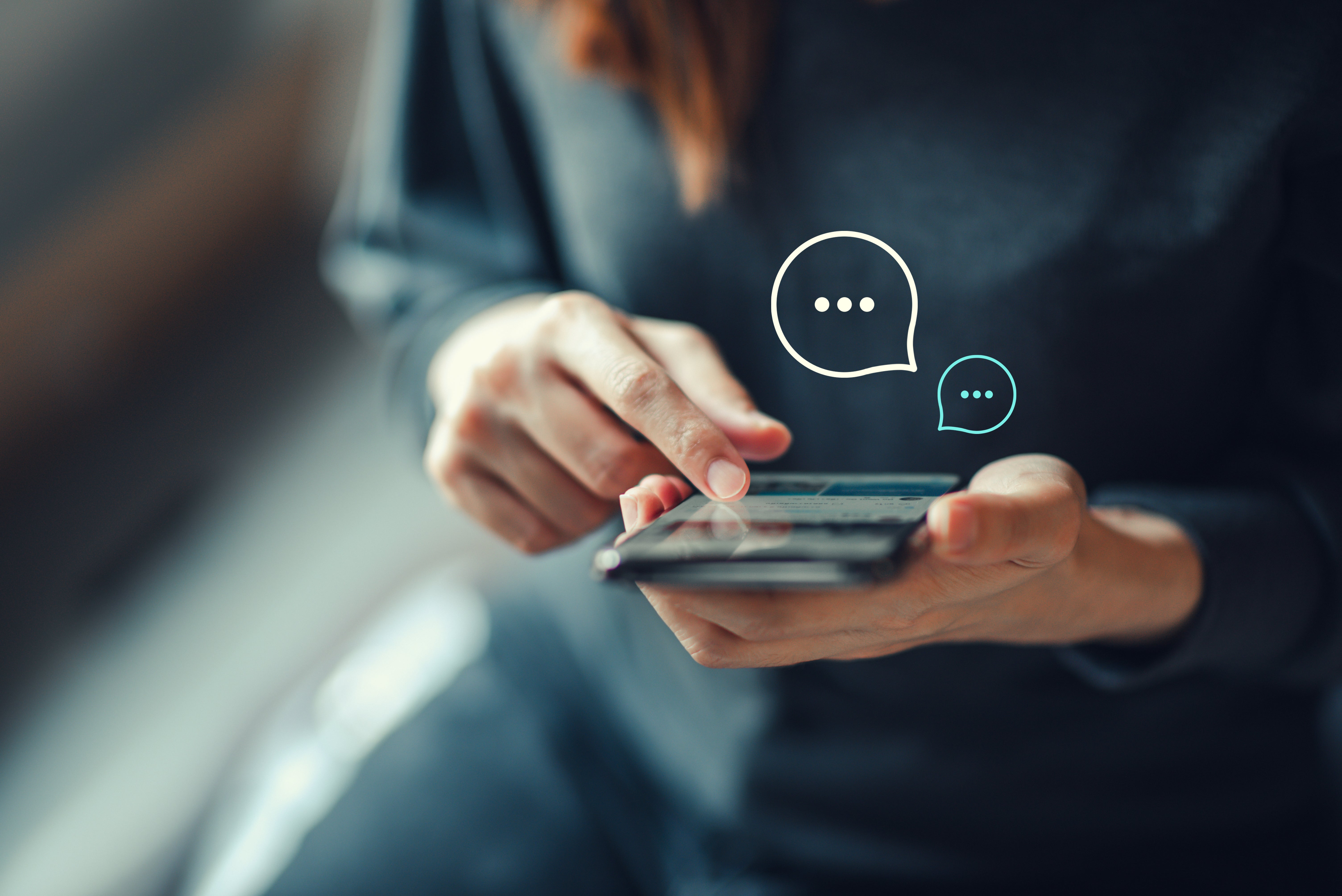Using smartphones could help improve memory, study suggests
Researchers found setting reminders on digital devices can help free up our memory for other types of information, writes Furvah Shah


Using smartphones could help in improving memory skills, according to a new study.
Researchers at University College London (UCL) found that using digital devices like phones and tablets helps people to store and remember important information, in turn freeing up their memory for less crucial knowledge.
Some studies have suggested the use of smartphones can impair cognitive skills or even cause early-onset Alzheimer’s disease.
But Dr Sam Gilbert, a cognitive neuroscientist at UCL who led the new study, said: “Far from causing ‘digital dementia’, using an external memory device can even improve our memory for information that we never saved.”
For the study, 158 volunteers aged between 18 and 71 underwent a memory task which was played on a touchscreen digital tablet or computer.
Participants were shown up to 12 numbered circles on a screen, then had to remember to drag some of these to the left or right. The number of circles that they remembered to drag to the correct side decided their pay at the end of the experiment.
One side was marked as ‘high value’, meaning that remembering to drag a circle to this side was worth 10 times more money as remembering to drag a circle to the other ‘low value’ side.

This task was completed by participants 16 times. On half of the trials, participants were required to rely solely on recollection, whereas on the other half, they were allowed to set reminders on their digital devices.
The results of the study, published in the Journal of Experimental Psychology, found that participants often used their digital devices to remember information about the high-value circles, and in turn, memory about those circles increased by 18 per cent.
The participants memory about low-value circles was also improved by 27 per cent, even for those who didn’t set any reminders for low-value circles.
However, results also showed that when digital reminders were taken away, participants remembered low-value circles better than the high-value ones as they had relied on their devices then forgot necessary information.

Dr Gilbert said: “We found that when people were allowed to use an external memory, the device helped them to remember the information they had saved into it. This was hardly surprising, but we also found that the device improved people’s memory for unsaved information as well.”
“This was because using the device shifted the way that people used their memory to store high-importance versus low-importance information. When people had to remember by themselves, they used their memory capacity to remember the most important information,” he continued.
“But when they could use the device, they saved high-importance information into the device and used their own memory for less important information instead.
“The results show that external memory tools work. Far from causing ‘digital dementia’, using an external memory device can even improve our memory for information that we never saved.”
Dr Gilbert added that we should still show caution in relying on digital devices for important information.
He said: “We need to be careful that we back up the most important information. Otherwise, if a memory tool fails, we could be left with nothing but lower-importance information in our own memory.”
Prof Kevin McConway, emeritus professor of applied statistics at the Open University, who was not involved in the research, said it was “very important to understand that this new research isn’t directly about using smartphone”.
“The new study looks at whether this process of offloading intentions, by putting reminders in some external place outside our own memories, can make it easier to remember some things for which we have not stored such an external reminder,” he said.
“However, the research tasks done in the experiments in the study do not directly look at what or how people store in their phones. There would have been no reason to do that, as the research is about more fundamental aspects of memory.
“So I don’t think these findings tell us anything direct about smartphones and human memory. They do contribute to a framework of knowledge that might lead to clearer understandings directly about smartphones, but that’s indirect.”
Some scientists have warned about the overuse of smartphones and the possibility of causing ‘digital dementia’.
Professor Oliver Hardt, who studies the neurobiology of memory at McGill University in Montreal, told The Guardian earlier this month: “Once you stop using your memory it will get worse, which makes you use your devices even more.
“We use them for everything. If you go to a website for a recipe, you press a button and it sends the ingredient list to your smartphone. It’s very convenient, but convenience has a price. It’s good for you to do certain things in your head.
“The less you use that mind of yours, the less you use the systems that are responsible for complicated things like episodic memories, or cognitive flexibility, the more likely it is to develop dementia,” he added.






Join our commenting forum
Join thought-provoking conversations, follow other Independent readers and see their replies
Comments